For the last decade, if you would glance over plenty of news and media content, you would be sure that China is on top of the United States in every aspect as the dominating power of the world. For years, China has implemented plenty of efficient revisions for its policies, which means they are settling to race with the United States over global domination. This was an ongoing debate but no one really thought it would come. However, we eventually, rapidly moving towards that situation.
But, what lies behind the rise of China and naturally the downtrend of the United States? Onwards, you will see that the qualities of the administrators of these two great nations were the real gamechanger. Even though a robust economy and a mighty army are crucial unless you lack great administration a country will not be able to become a superpower. You will discover the qualities of one’s leadership that is capable of dominating global politics and reliability, while other’s management is dragging the whole nation to a downward situation.
Try Audible and Get Two Free Audiobooks
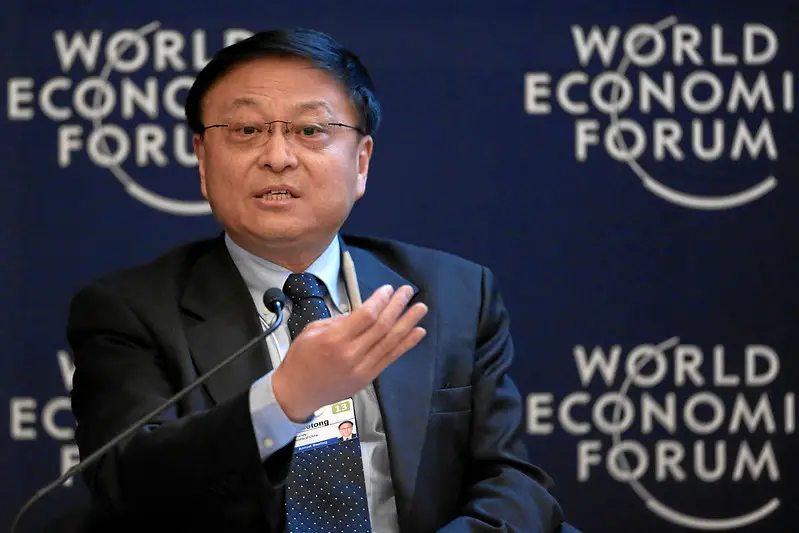
Chapter 1 – Leadership is the most important effect on the trend of a nation whether its peak or lowermost.
What shapes a strong country on an international level? The powerful army, or a robust economy? Or Soft power, like its ability to diplomatically compromise or cultural heritage that is likable globally. Actually, none of them solely above, the leadership which integrates those to great management is the key.
Of course, there are several effects that establish a strong state, which is: political leadership, army power, economy, and cultural influence. Apparently, a strong army provides the state with destructive power in offensive and defensive matters. A robust and stable economy allows them to invest in their own concerns. And finally, a dynamic and appealing culture grew the soft power of the country in a global spectrum.
Naturally, the crucial thing is how the leadership pulls off these varied elements which are critical. And this is derived from political capability or the administration of a nation. Besides that, the other three components provide the structure with strength. On the contrary, if the management is incapable, they will be weakened and eventually, the nation will lose its worldwide impact.
As the course of the diplomacy changes, there is one characteristic that defines a country’s leadership is whether good or not: the state’s ability to reform itself. So to speak “progressive” reforms that are mentioned which provide the country with outstanding abilities against their rivals, not “retrogressive” reform. As an example, a progressive reform would be contracting free-trade pacts with others that increase the easy flow of products and services, besides a retrogressive reform could be a great budget for crucial infrastructure projects.
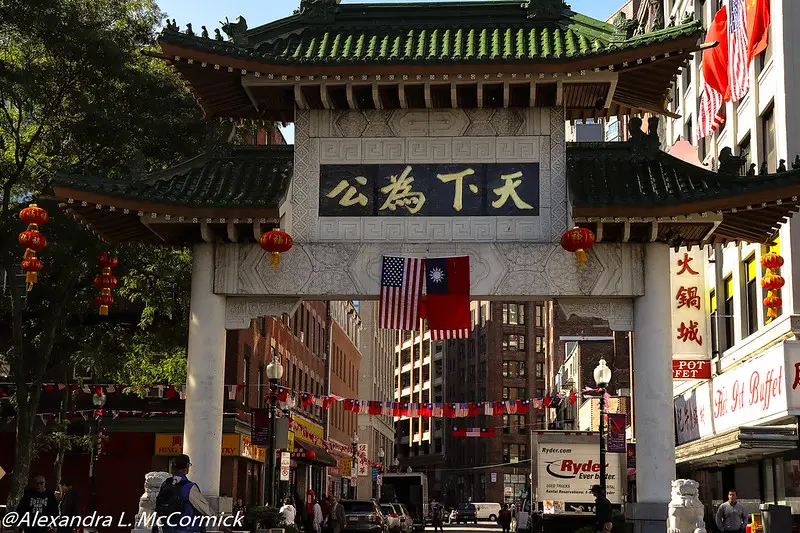
Generally strong states are not motivated to implement progressive reforms. Just because they are really trusting their existing status-quo of political and social corporations, and can’t identify a cause to change it. Besides an emerging state is more encouraged to apply “progressive” reforms since they feel the need to earn more. Nevertheless, the successful implementation of those reforms is a fairly different topic but it depends on the leadership likewise.
In today’s modern world, the United States is the greatest power and China is the quickest emerging one. Even though the situation is so bounded to both administrations, United States leadership is the crucial one. Because it always been very easy to lose but very hard to gain a dominant position.
Chapter 2 – Principled actions are the only way to increase the global influence of a state.
In spite of the fact that the world involves lots of different cultures and nations, humankind has to agree on a few things. A sense of ethics is surely one amongst others. Some might argue that ethics is a fairly relative matter. Consequently, a situation can be “ethical” to one, while not for others.
Truth to be told, not exactly. A group of psychologists, Cultural Psychologists, in the leadership of Jesse Graham suggested that in reality, diverse cultures have common ground about an ethical basis. Even though we live very apart and distributed around the world, we both promote fairness, loyalty, and kindness, inversely we degrade cheating, betrayal, and harm.
Ethical subjectivity is as crucial as other aspects of the global world.
Let’s look at Palestine. Rather a small country doesn’t have a large army or a robust economy yet still, Palestine is capable of drawing the attention of global actors and their sympathy over Israeli occupation. This didn’t provide Palestine with a real capability in political matters, but still seen as their very natural right to defend their homeland, 77 UN resolutions from 1955 to 2013 that criticizes Israel is just a proof of it.
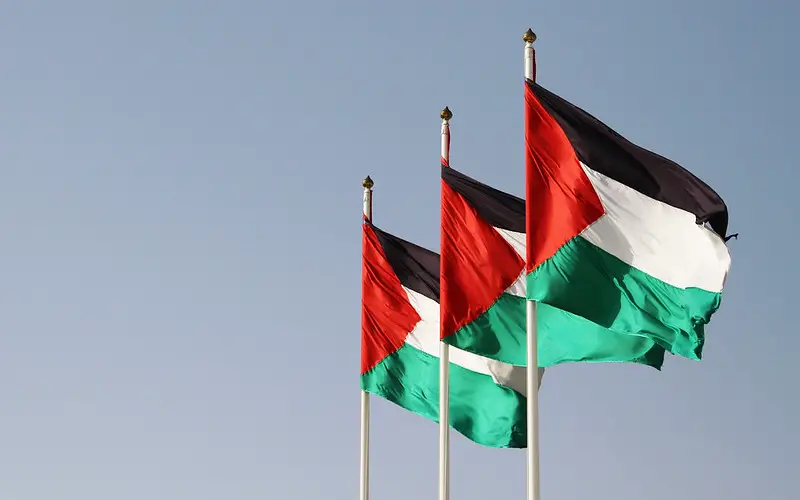
Conversely, think about the Invasion of Iraq by the US during 2003: an incorrect allegation of the Iraqi Leader, Saddam Hussain, that states production and usage of chemical weapons led George W. Bush to a military landing that rapidly destructs the global reputation of the US. Although the US is very capable in terms of military power and economic strength and besides its many allies, the US lost nearly all global support it has since it became evident that allegation was false.
In the case of the 1991 Gulf War was a fairly different situation. This time George Bush Sr. was attempted to appease the tension over Iraq and Kuwait to prevent Saddam Hussain to occupy Kuwait. On the contrary, this political move was supported by the UN Security Council and considered as a necessary action in terms of global diplomacy. In conclusion, the US gathered 34 nations’ power for their cause, as a side effect increased the reputation of the state.
With these examples, it is revealed that a state can grow its global influence by taking actions on what the majority considers as ethical activities. If a country leads according to given examples, it can maintain its current dominant position. It is evident that one state can not sustain dominancy by menace and tyranny.
Chapter 3 – Humanist, hegemonic, anemocratic, and tyrannical dominance are four kinds of political management.
If you consider Trump and Merkel, even though their obligations to satisfy in terms of international politics were the same, they practice it very differently. Angela Merkel favors the constitutions and legislation, on the other hand, Trump neglects those laws frequently.
Around the world, it is fairly easy to identify these margins between distinct administrations. Differentiating those margins is an issue itself.
Firstly, humanist authority is a kind of management that is reliable in the global spectrum. Sets a great model for other countries to follow, by promoting and supporting international laws and notions, such as UN Resolutions. Franklin D. Roosevelt, 32nd President of the United States, can be shown as an example of this type of leadership. In the duration of his service, World War II occurred and the United States adopted the role to be the hero of European nations from the annexation of Nazism. Besides Roosevelt put his work on international politics by structuring the base of the United Nations.
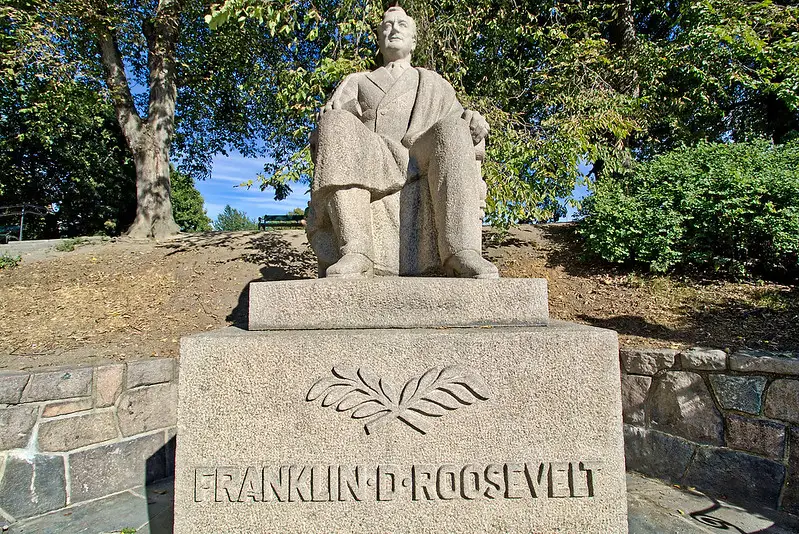
The next one is hegemonic leadership, which is reliable but in a two-tier way. For its allied and supported countries, behave as a reliable friend, but against their enemies, cruelly does everything to get their needs by neglecting the international common ground. The Cold War period with a lot of crisis and race could be thought of as a hegemonic era.
Thirdly, as the author mentioned, anemocratic leadership is the kind of management that is neither reliable nor acts bounded to international diplomacy rules. Likewise, the governor or government takes action like they don’t know what they pursue, yet it is definitely not international norms that they follow. Considered as having almost zero reputation even to their allied states due to the deficiency of ethical basis in terms of political structure. Donald Trump’s leadership is shown by many American academics as anemocratic authority.
Last but not least, tyrannical leadership. The regularity of untrusting acts creates the characteristic of this leadership. This kind definitely doesn’t involve any ethical behavior or concerns in terms of international norms and to reach their goals no humane notion can’t hold them back to spread fear and animosity to others. By saying other both allies and rivals are meant. Of course, when a tyrannical leader started to shape global politics, ethical norms diminishes. Hitler and Nazi Germany, Hirohito, and Militarist Japan are some examples that are given as tyrannical.
The best one to stabilize international politics among those types is humane authority without a doubt. Humane dominance will promote ethical virtues and in return gain international reputation so that it can gather outer support for its interests and ideologies.
Chapter 4 – Unlike today, the world is becoming bipolar since China races with US authority.
The international relations scholars, after the Cold War, have identified the world as unipolar, which means there exists only one power center that is the United States.
Although status-quo is not permanent, In the service of Donald Trump, the United States and its global influence broke into parts, which creates a perfectly suited environment for an emerging country.
According to the author, the reason behind this is the inability of the United States to reform its institutions in the last 20 years. Clinton’s presidency was a peak, then things started to turn around. Followers, definitely not Bush, even not Obama have successfully reformed the state for the perseverance of its global influence for the future. As usual unsuccessful military operations harmed the US’s political spectrum and its position in international politics persistently just like the Iraq War. One might say since the 2008 Mortgage Crisis in an economic way, not much has changed in the US economic system, which is true and indicates the inability to reform economically and that is a major reason for the decline.

In the last presidential elections, the US has elected Trump, which drastically intensified the downward trend. In his service, Trump has neglected international laws and damaged the alliances of the US which took a long time to built.
The bipolar era in history, the one that we are facing now and the Cold War, seems pretty diverse. It is obvious that between the Soviet Union and the United States there was a huge ideological gap. The concept of “Communism with Chinese Characteristics” that the Chinese government adopted, transformed the traditional communism to a reformed economic pragmatism, a hybrid system that includes both free-market and command economy. That concept explains that ideological warfare is a thing of the past.
In the following days of this bipolar world, since China has overthrown US dominance in several sectors, it is possible for us to see that the center of gravity of the world, in a political and economical way, will move from West to the Far East. The results of it will be naturally the readjustments of international politics and organizations. Struggles and ambiguities for sure will be yield by the bipolar situation after years have passed on a unipolar US dominancy. Unfortunately, it is, almost precisely, that the age of the US is ending as a global superpower.
Chapter 5 – World leadership may create changes in the understanding of international issues.
There exist several types of leadership as we have mentioned. These are humane authorities, hegemonies, anemocracies, and tyrannies. The common perception and concepts of international politics changes with respect to the superior leadership type. The way of acting of superpower becomes a new norm, better saying it normalizes.
“Moral” global values are the base of perception when human authority is running the country. Unlikely in hegemonic situations the tentative behavior becomes the norm. In an anemocratic dominance, the state acts timidly and bully over the states who they can. A despotic dictatorship, on the other hand, spreads fear and built a new order based on cruelty.
But of course, over years the perception and the values will change, maybe rapidly. What leads them to change?
Plenty of ways exist in this case. As seen in history, the most rapid way is to start warfare. As an example, after World War II, the map of Europe drawn all over again by the US and USSR.
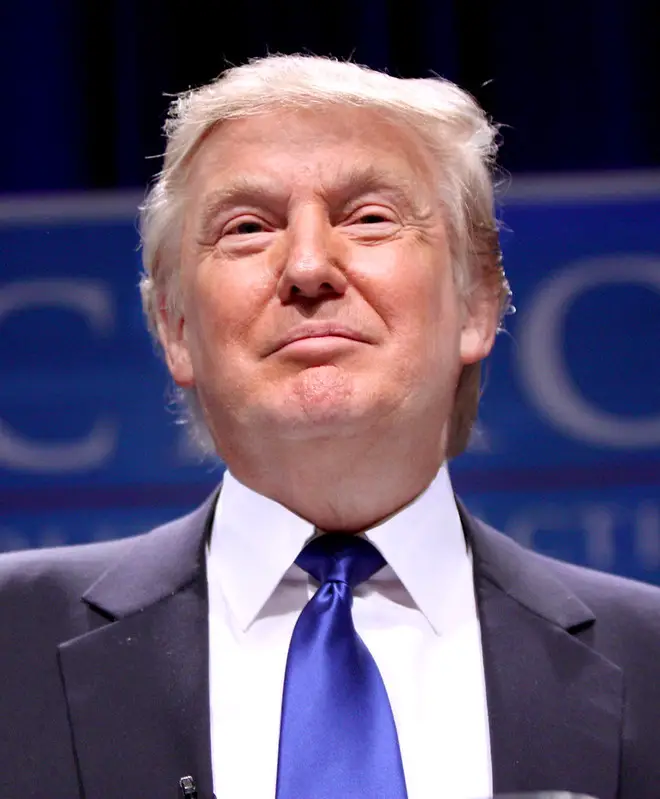
Even though the Soviets and the United States have a list of differences there were similarities also, one of them was the international leadership style. In NATO block, the free market has been promoted, on the other hand, in Iron Curtain Soviet applied hegemony just like us but by favoring command economy. In that bipolar world, both acted like an old friend to their allies but neglected every aspect of international law when it comes to the competition of superiority. So in this way, they both set a two-faced norm in politics.
The second way to change the current perception is that a state should be a model for others to implement. The ideology of the model state, the example leading country, must be indigenized by the imitating countries. A great instance would be the Fall of the Berlin Wall when freed Iron Curtain countries immediately adopted free market and US integration with liberalism.
In the place that we are today, liberalism is the current value, which emplaced by the US, remained as a status quo until today for 30 years. However, Trump’s election was a game-changer, though still there is an equilibrium. The isolation and offensive nationalism of the Trump administration will prove the fact that a political norm never stays forever.
Chapter 6 – The world is vis-a-vis a new global order without strong leadership, which quickly decreases global cooperation.
Whatever media organs or news you would glance at any point of the day, you will see that there are serious issues where the world is going towards. The current pandemic or the climate crisis would make you think some things are wrong and there isn’t any effective leadership to take action and work things out.
And the bad side of this is this doesn’t seem to change any sooner.
USA and China are the biggest candidates for bespoken leadership, but we can’t expect them to show it in a predictable future. When those two great powers balance themselves they will escape from every military encounter by not intervening the international issues.
Instead of proxy wars and tense encounters in smaller countries, it is more likely for China to grow its influence with its powerful economy. By international trade and trade organizations & contracts, the Chinese will try to gain a superior impact on other states. During these, their top priority will be their power over the national economy of course.
On the other side of the story, in the service of Trump, the US also adopted a nationalist economy and its concepts as well. This also brought back the old Isolation Doctrine and “America First” philosophy by ignoring the allies and international cooperations. Since the reputation of the US has been damaged severely under the administration of Trump, strengthening those weakened alliances will be so hard.
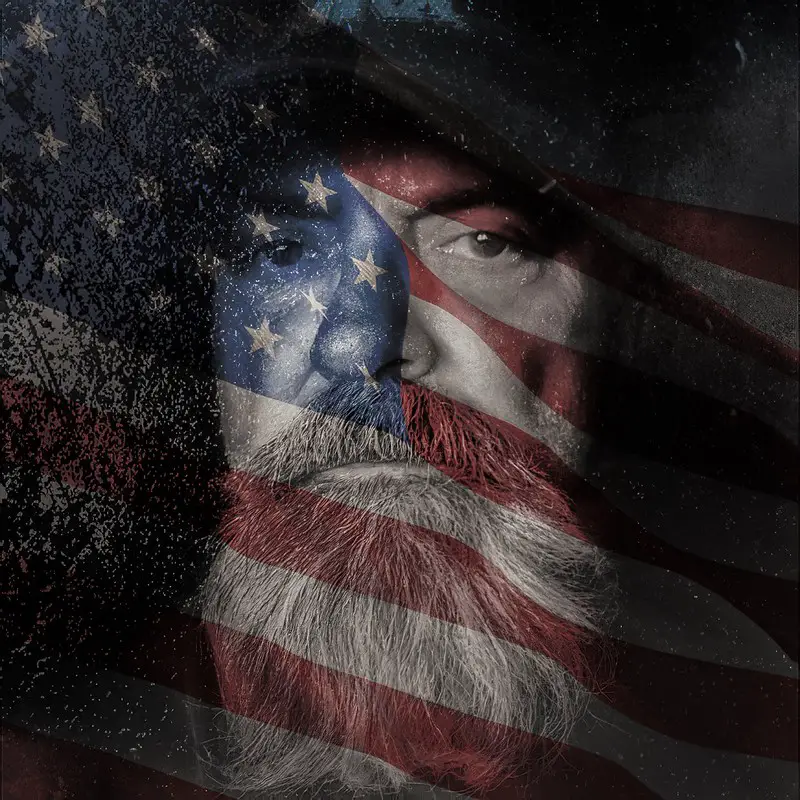
Serious global issues such as climate crisis, terrorism, and human trafficking will be far from to be solved collaboratively since both nations isolate themselves from global situations. Lacking the leadership of a great state, the cooperation for those big issues will also weaken the organizations like the UN and it will decrease their effectiveness. And this is not a new concept. The Paris Climate Agreement has broken apart as Trump pulled the US out of it as the leading actor by refuting the crisis.
The big picture we drew now seems pessimistic, we see a destabilized, and uncentralized international politics that are not focusing on the critical issues. Don’t worry, we’ll seek hope in the next part. Since this is a new order, a hybrid of American and Chinese values can serve as the moral values of the new era.
Chapter 7 – Chinese moral philosophy can be integrated into Western values and emerge as the new norms of the new order.
The world very well knows the liberal ideas of democracy that are identified with “the West”. Equality, freedom of expression, and a liberal economy are some of them.
But for the last 20 years, the ideas of “the West” have challenged so many times. The populist nationalism from Europe to America has damaged the liberal democracy and its institutions. While some scholars were searching for a new civilization story, the rise of China has given them a strong option. Nonetheless, what will be the result?
The first case is this, with the fall of Western Liberalism, instead of a dominant ideology, there can be a competition of several philosophies such as nationalism, socialism, or populism.
The second case, on the other hand, was about the powerful national figures who contain major support from their nations. Putin in Russia, Modi in India. Those states are governed by the ad-hominem ideas of the powerful leader. This creates a world where most people left transparency but embraced secrecy which damages both diplomacy and international politics.
As we have mentioned, along with these cases another possibility also emerges. When China begins to overthrow the US, Western ideas will be blend with Chinese characteristics. This can be the solution to the ideological gap that is filled with respect to the concerns of every nation.
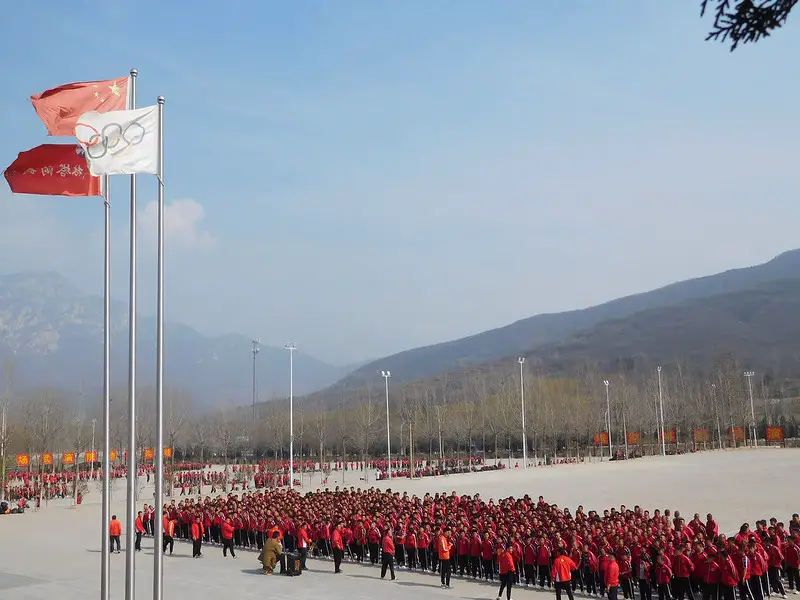
Western liberalism always pushed and promoted liberatory actions, but of course, it always needs developments. E.g. sometimes the individual benefit can harm the community. Especially when you radicalize the idea and give full freedom the result will be anarchy.
This is where Chinese characteristics enter the game. This traditional ethics can develop those weak points of the Western philosophy of management. The crucial point of civility will improve Western ideas by both helping the individual and society for the common good. If you are thinking about others, they will be concerned for you too. This hybrid ideology will be crucial when individual good overlaps with the common good.
A new order will emerge that is based on justice, civility, and fairness. That is for sure a worthy cause to construct the world on it.
Leadership and the Rise of Great Powers by Yan Xuetong Book Review
Among all factors that affect the power of a nation, leadership is the most important one. Having a charismatic leader with reforming effectively a nation can witness great achievements. Among the four kinds of leadership, the most appreciated and efficient one is the humane authority. In the following years, when the race between China and the US got tense we may witness another competition but for ideologies this time. Nevertheless, the hybrid of Western Liberalism and Chinese moral traditions can emerge as the most useful path for the people.
Try Audible and Get Two Free Audiobooks
